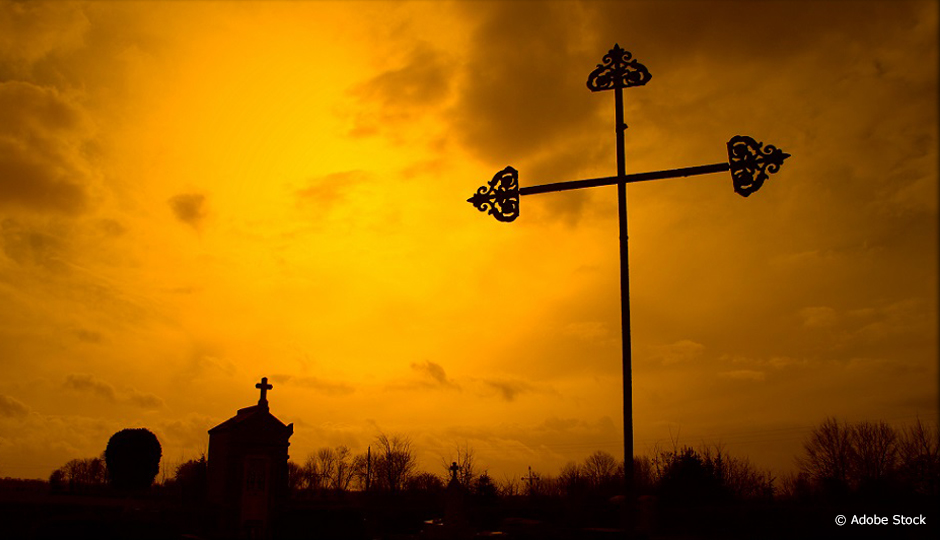At the heart of religion lies the certainty of possessing absolute truth, an understanding of world order and the place occupied by humans within it. What is the basis for this belief? How did it originate?
Fabrizio Vecoli, a researcher in the Institute of Religious Studies at Université de Montréal, analyzed the emergence of the claim to the discernment of truth within early Christian religious orders. This question has rarely been studied from a historical, rather than a theological, perspective.
This claim to discern the truth lies indeed at the heart of the justifications of extremist groups.
The researcher conducted a review of modern scientific literature on the subject, as well as fourth-, fifth- and sixth-century Eastern Christian manuscripts. It was at this time that Christendom first saw the appearance of the monks' claim to superior knowledge under the guise of access to divinity.
The researcher's work points out that, in the Christian world, monks chose to follow the precepts of their religion in the most radical way possible. Their ascetic way of life explains in part what is presented as the power to divine reality. By denying themselves the pleasures of the flesh, the monks believed they would gain access to a higher metaphysical truth. Their asceticism fascinated their contemporaries and led many to believe in this power.
Thus, the claim to the discernment of the truth became one of the foundations of both religious authority and its political power. Since the truth proclaimed by the monks came from divine understanding, it was indisputable, conferring on these men of God an almost absolute authority.
According to Fabrizio Vecoli, it is more important than ever to understand the mechanisms of this claim to discern the truth, which can still be found today. Indeed, it lies at the heart of the justifications of many extremist groups arising from both Christianity and other religions.




